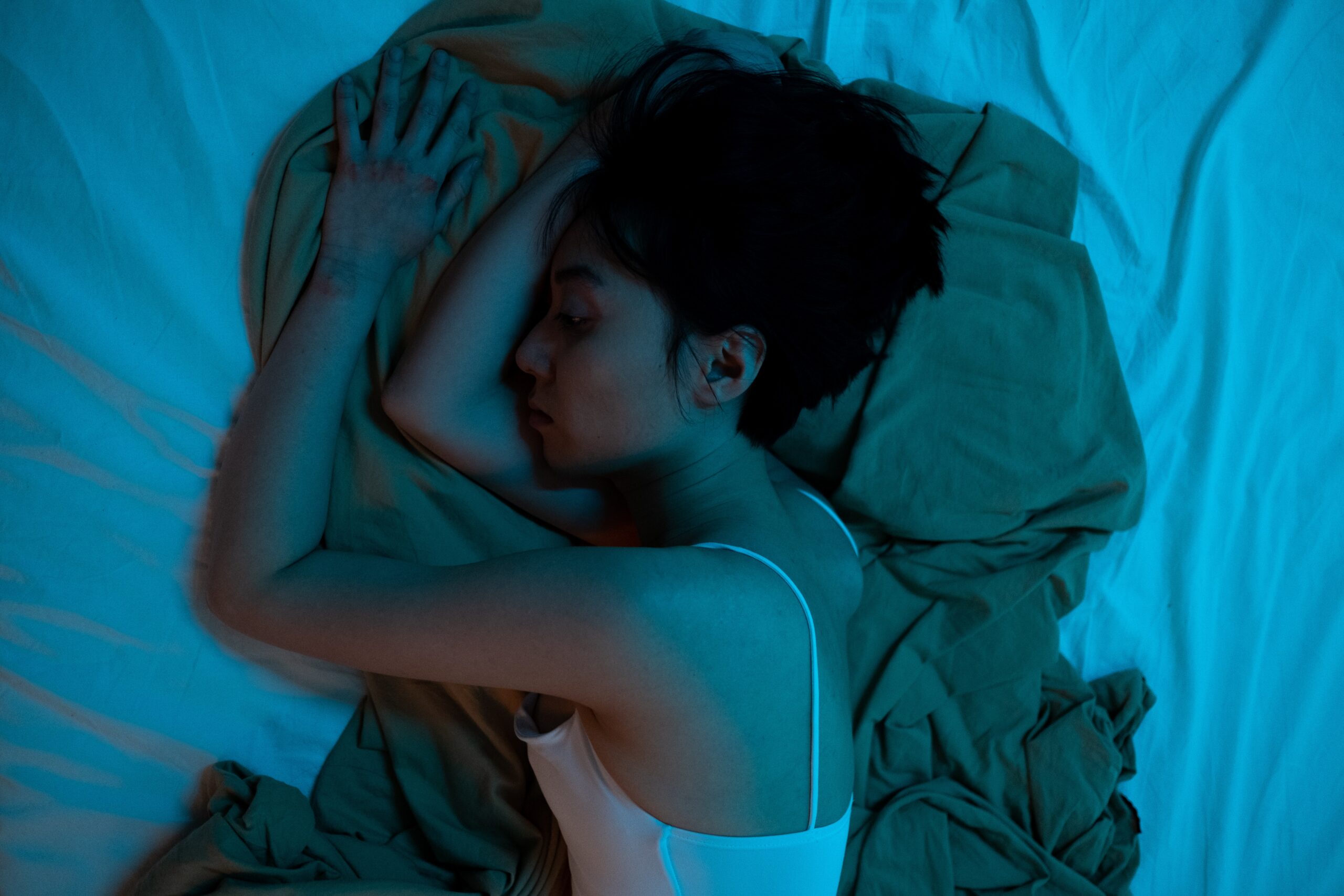Complainants about sleep are common among clinical practices and disturbed or insufficient sleep is the commonest among insomnia patients.

Normal sleep consists of Rapid Eye Movement sleep (REM) and Non-Rapid Eye Movement sleep (non- REM) which occur in cycles throughout sleep. In each cycle non-REM sleep is about 80 minutes while REM sleep lasts for about 10 minutes.
Patients who are suffering from insomnia commonly presents with the complaint of difficulty in falling asleep which is followed by difficulty in staying asleep and awakening from time to time during sleep.
Clinical Presentation
Continuous disturbance in initiation of sleep, reduced duration and consolidation of sleep, poor quality of sleep regardless of having adequate circumstances for sleep.
Daytime symptoms as increased fatigue, low mood or feeling irritable, general malaise, and cognitive impairment are also observed. Individuals who report sleep related symptoms in the absence of daytime symptoms are not considered to be having an insomnia disorder.
Diagnostic Criteria
According to ICD-11, insomnia is diagnosed by symptoms of disturbed sleep associated with daytime symptoms occurring for at least several times per week for at least several months per year.
Etiology
Primary Causes
Increased life stresses, anxiety due to over concerns regarding not being able to sleep, emotional arousal due to environmental change and conflicts, disruption of normal sleep wake cycle due to daily living activities as increased caffeine consumption, late evening exercise and frequent late nights, due to lack of oxygen in high altitudes and environmental disturbances.
Secondary Causes
Insomnia is a clinical presentation in psychiatric disorders as dementia, delirium, depression, bipolar affective disorder, substance use or schizophrenia. Physical illnesses that result in increased pain, discomfort and dyspnoea can also result in insomnia. Adverse side effects of drugs can also be a cause.
Management
Non-Pharmacological Management
- Proper education about sleep- Patients must be educated regarding stages and cycles of normal sleep, changes in sleep patterns with age, and the nature of the particular sleep problem the patient is suffering from.
- Good sleep hygiene must be established through good sleep habits as reducing environmental factors including noise that can disturb the sleep, distract themselves from stressful things that occurred during day time by listening to music, watching television or a warm bath before going to bed and avoidance of caffeine-containing drinks after 4.00pm. Though regular exercise is good for sleep, late evening or night exercise can disturb sleep which must be avoided.
- Also, stimulus controlling as going to bed only when sleepy and not remaining in bed for more than 10–20min if sleep don’t come is also important to establish a good sleep hygiene. Also, a regular time must be established to wake up and it should not vary more than in a range of 1 hour.
- Training of relaxation techniques can be done throughout day and even at night to reduce emotional arousal which can disturb sleep wake cycle.
- Pharmacological Management
Pharmacological Management
Medical management must be considered as the final step in treating insomnia when it is severe and causing extreme distress in patients. Initially any causative factors for insomnia must be identified and treated including primary medical or psychiatric illnesses. Drugs that can be given include benzodiazepines as zolpidem, sedating antidepressants as Mirtazapine and sedating antipsychotic as Olanzapine.
References
- ICD -11 , Classification of Mental and Behavioral Disorders- Diagnostic Criteria for Research
- Shorter Oxford Textbook of Psychiatry – 7th Edition – Paul Harrison, Philip Cowen, Tom Burns, Mina Fazel
- Handbook of Clinical Psychiatry – A Practical Guide- Second Edition – Varuni De Silva, Raween Hanwella


One thought on “Insomnia (Do you have sleeping difficulties?)”
Comments are closed.